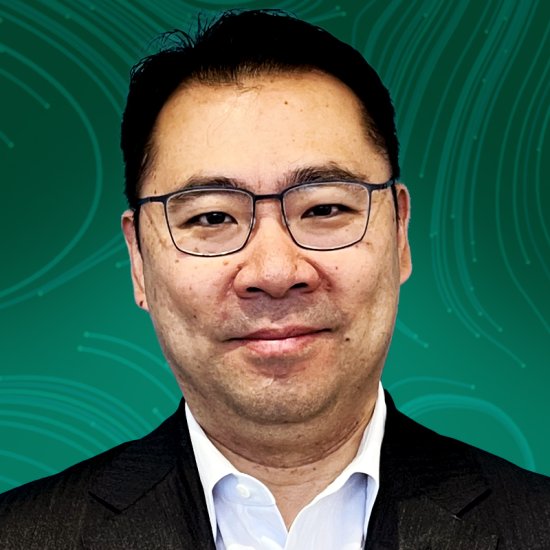
In the pharmaceutical world, where ideas far outnumber marketable products, executives adhere to the motto of “fail often, and fail early,” with the understanding that to do so requires the discipline to know when to cut their losses and say no. But Ivan Cheung followed other advice as CEO of Eisai, Inc. “The opposite is also true,” he says. “You have to have the discipline to say yes when everybody is trying to tell you to say no.”
Cheung took a big risk in 2019 when he decided to continue developing lecanemab—which became the second treatment approved to address the root causes of Alzheimer’s disease—when data from aducanumab, which works in a similar way, showed conflicting results and experts questioned the approach. But Cheung’s team showed him promising early results on their drug, and he trusted the data. “Multiple aspects of the data were telling us that we needed to move forward,” he says.
That conviction proved prescient when the U.S. Food and Drug Administration approved lecanemab in 2023—and aducanumab’s manufacturer decided to stop making it the next year. But Cheung’s job wasn’t finished; the drug wasn’t initially reimbursed by Medicare, but he worked with patient advocates to make the case for coverage and got it six months later.
Cheung, who is now CEO of NextPoint Therapeutics where he oversees promising cancer treatments, sees lecanemab as the first in what will hopefully be a series of potent therapies for the memory disorder. “You always need an initial spark and I believe lecanemab provided the spark that will lead to more therapeutic options, more diagnostic options and more screening options to create a whole ecosystem to improve care for people living with Alzheimer’s,” Cheung says.